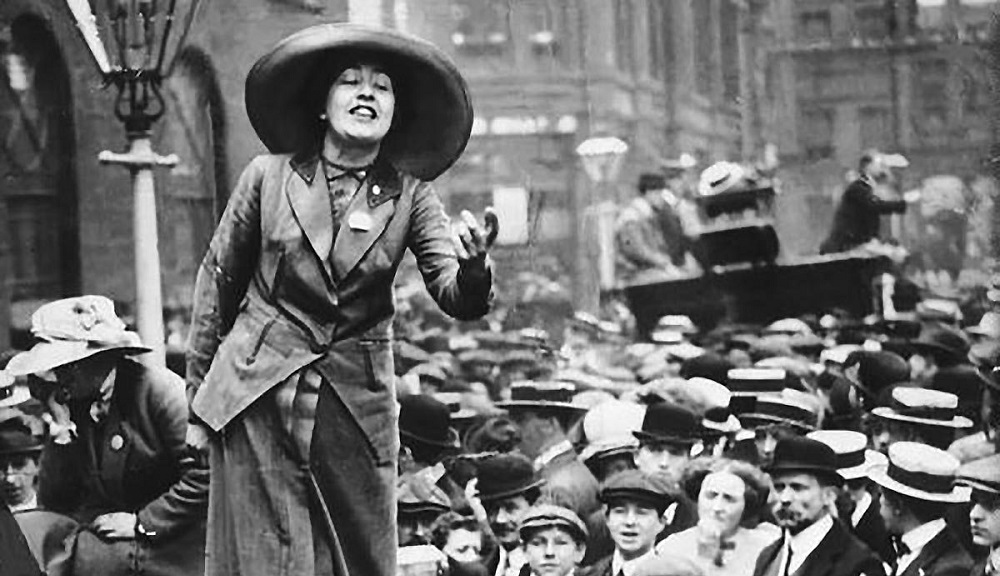By
SARAH REGAN

Today marks International Women’s Day, a day dedicated to celebrating the achievements of women and addressing challenges that affect empowerment.
A concept born in early 1900s New York when thousands of women marched for shorter working hours, the right to vote and better pay, International Women’s Day seeks to forge a more gender-balanced world.
A Google search for International Women’s Day today will return a barrage of results, dominated by the largest corporates, best-known brands in the world and international governments. This year, the European Commission has published a report on equality between men and women across the 28 member states, Accenture has teamed up with The Irish Times Women’s Podcast to host a panel discussion examining the future of inclusion and equality, RTÉ’s Morning Ireland broadcast with an all-women cast, and today our Government is due to sign off on key measures to promote gender equality, including pay gap reporting legislation.
These are all important and valuable issues, and International Women’s Day provides a platform to talk about them. However, what’s most important is that businesses and brands ingrain this activism in their everyday action and thinking, not just once-off events and social media posts.
Don’t just tick the boxes
International Women’s Day comes at an interesting time for the corporate and public world. Businesses and brands are expected to take a stand on social issues, many of them divisive (a topic we cover on this blog regularly).
People demand diversity and crave culture. We want to work for companies that care. In a competitive jobs market, where employees are the power brokers, it’s the companies that deliver on these aspirations that are winning the war for talent.
This has put pressure on companies to think deeper and act better. Some do this well. They rate people and culture as a top priority; they are aware, they listen and they act. The result is meaningful activity that delivers progress and equality. Others can be less thoughtful.
International Women’s Day can and does lead some companies and brands to spur into action to ‘do something’—even ‘do anything’—to mark the day. For these businesses, International Women’s Day is a box-ticking exercise that risks becoming self-serving. A published report on the pay gap without a proposed solution, or a token panel discussion on femininity, will never trump a strategy for change, informed by robust data, intelligent thinking and strong leadership.
Anything other than this is risky territory that can harm the very reputation and employer brand that the business is trying to communicate through its celebration of International Women’s Day.

How to resonate
Businesses and brands that do well are those that use the opportunity of International Women’s Day—and other similar days and initiatives—to not only highlight and address concerns of national interest, but propose concrete solutions.
Earlier this week, ahead of International Women’s Day, Vodafone published research that found that 31% of Irish workers have experienced some form of domestic abuse, while just over half felt safer at work compared to home.
At first glance, a very niche and sensitive issue for a global telecoms firm to tackle. But kudos to Vodafone. They used this national day of celebration to shine a light on a real issue that is affecting their employees. Not only this, they offered a solution and launched a domestic violence policy for employees.
This is an example of a company recognising an issue and taking action in a meaningful way.
International Women’s Day is important to a point. We all want and should strive for equality, obviously, with as many women in positions of power and influence as possible. This day has had impact in uncovering issues and addressing concerns—but it has to be more than talk and more than a celebration.
Businesses and brands that mark International Women’s Day need to work to ensure that debate does not become a clichéd gender diversity battle but rather a strategic, solutions-focused vehicle for change.
SARAH REGAN
A Client Director in the corporate division of PR360, Sarah has almost ten years’ experience providing communications strategies to leading domestic and international clients.

